Folk are calling Ta-Nehisi Coates the new James Baldwin. The fire is still burning!
In Between the World and Me, Coates’ treatise on race and violence in the USA, he writes in a long letter to his fifteen year old son, instructions on how to survive as a black male.
Regrettably, this is a lesson that needs to be told, again and again.
Offering no softening agents, no sugar coating the truth within its scant 152 pages. Coates does not spare the reader. It was painful to digest, but I agree with the cover quote from Toni Morrison: “This is required reading.”
It reminded me of when I had to teach my own two sons how to keep their bodies from being bruised, broken, or killed, a major lesson in Coates’ book.
Coates surmises that the very existence of black males is a threat to so-called white people (he calls them the Dreamers – those who want to escape their ethnic heritage and be white, including blacks who have bought into the dream of America); that the simple act of breathing is a form of defiance by black males; and, that all young black males need to learn to carefully pick their fights- particularly the ones that could get them killed.
In his long letter, Coates tells how being born a black male signals a heightened alert response: of having to survive the home (noted throughout the book are Coates’ reflections on the “I beat you because I love you” tradition in his/many black families); having to survive the’streets’ (Coates grew up in inner city Baltimore and had to earn his street smarts, colors, and whatever); making it out of the local prisons, aka public schools (Coates didn’t respond well to public school); avoiding being a statistic in the employment system for poor whites, aka prisons; and, ultimately, not getting killed by law enforcement for walking, driving, speaking, while being black.
After reading Coates’ dismal, but hopeful outlook for his son’s survival, I was left wondering about black girls.
Ta-Nehisi’s book should be required reading, but it doesn’t finish the story.
I am wrestling with the case of the suspicious traffic arrest, and subsequent death of Sandra Bland, a black woman, and that of the young black female student in South Carolina who was recently assaulted and abused by a school resource officer. Both suffered at the hands of aggressive white police officers.
We have entered another era when our girls are increasingly coming under frontal attack. We have been in rehearsal for hundreds of years about what to tell our sons.
How can we protect the girls against what Chris Rock calls the mental illness of white people: feeling and acting superior to non- whites?
The tide has turned. The peculiar white mental illness has not abated; it is manifested by new code words and behaviors, e.g., “mixed race,” “thugs,” “resisting arrest and/or non-compliance” with even the most trivial police commands, etc.
Is this illness inherited?
Then again, I wonder how much we may be contributing to making our girls more vulnerable to the growing mental disease.
For instance, I think some of the most objectionable words we can speak to a young black girl are: “You are so cute,” or, to a young woman with certain accomplishments: “You a bad bitch.”
Both phrases may be meant to be complimentary, but in this world, those attributes allow our girls and young women to let down their guard-against real threats of societal violence.
Cute girls are born every minute. Bad bitches can be made in a minute.
What we need are smart, kind, caring girls who understand the principles to live by to become nation-builders. Yes, that also includes being baby-makers, but only if they freely choose that role.
Being a bad bitch places a heavy and peculiar burden on black women. I tried it, but I had to expend too much energy on maintaining that profile. Bad bitches miss the mark of becoming awesome women: executive leaders; policy-makers; empire-builders; queen mothers; and, keepers of the family wealth.
We must expand the discussion to keep all of our children safe from all clear and present dangers, including from our own heavy hands and soul-stealing words. We must prevent them from buying into the artificial dream, and that will require really deep self-examination of our own values. We have to shape real men and real women without stifling their souls; keeping their hope alive for something better than mere survival.
So many challenges, but our very survival as a people demands that we get the conversation right.
Antonia Williams-Gary is a consultant with Miami-based Savings and Grace Enterprise. She may be reached at toniwg1@gmail.com

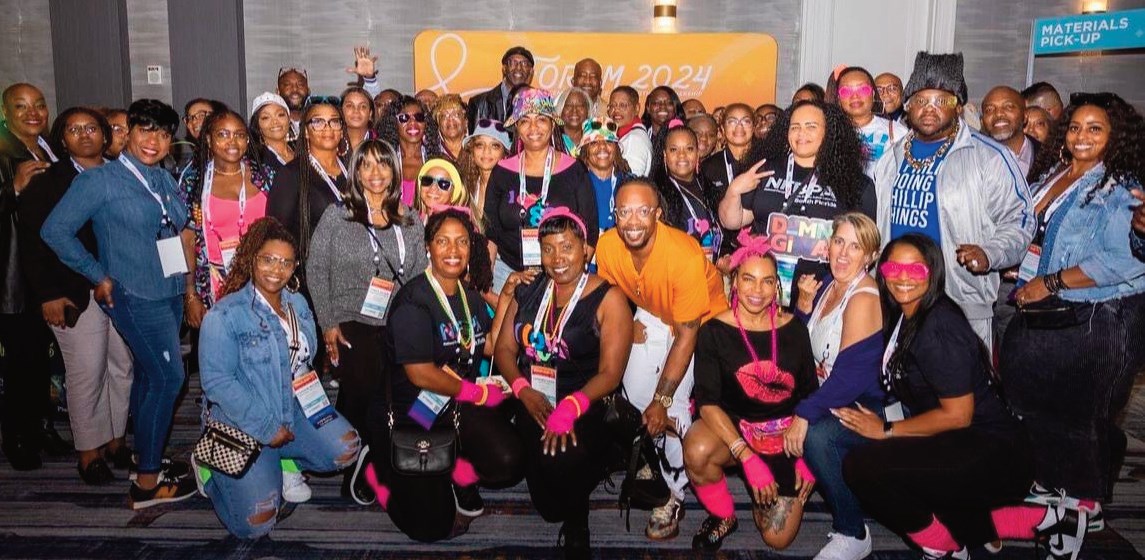
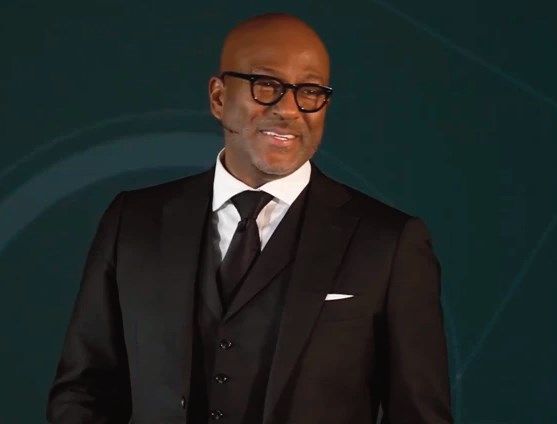
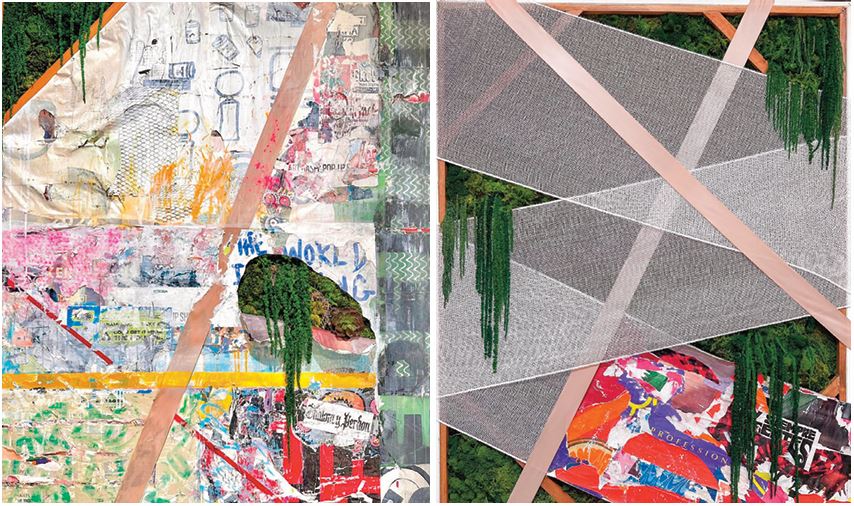

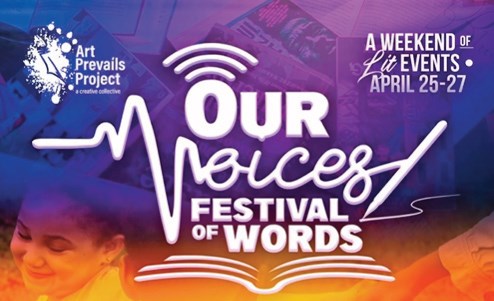
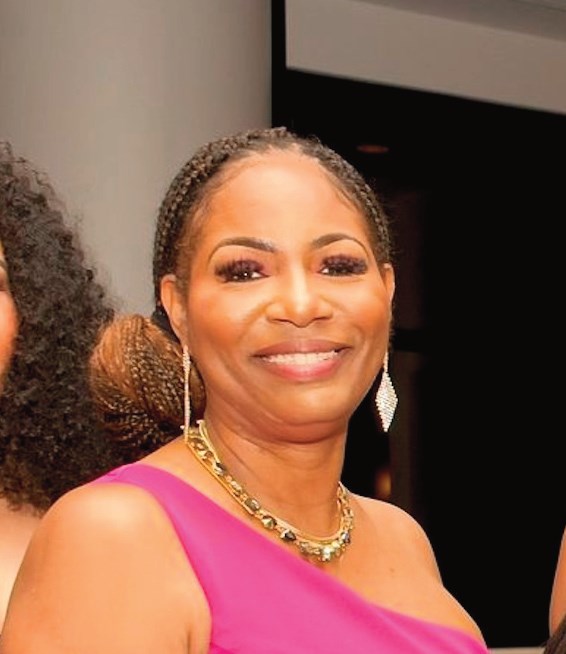
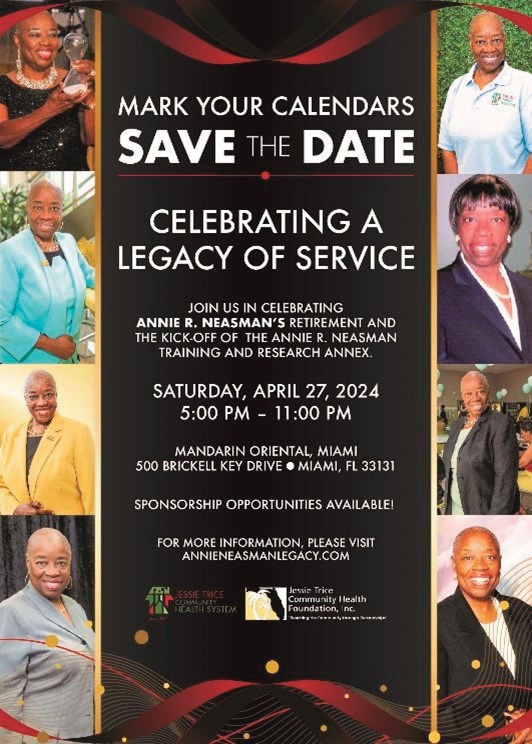
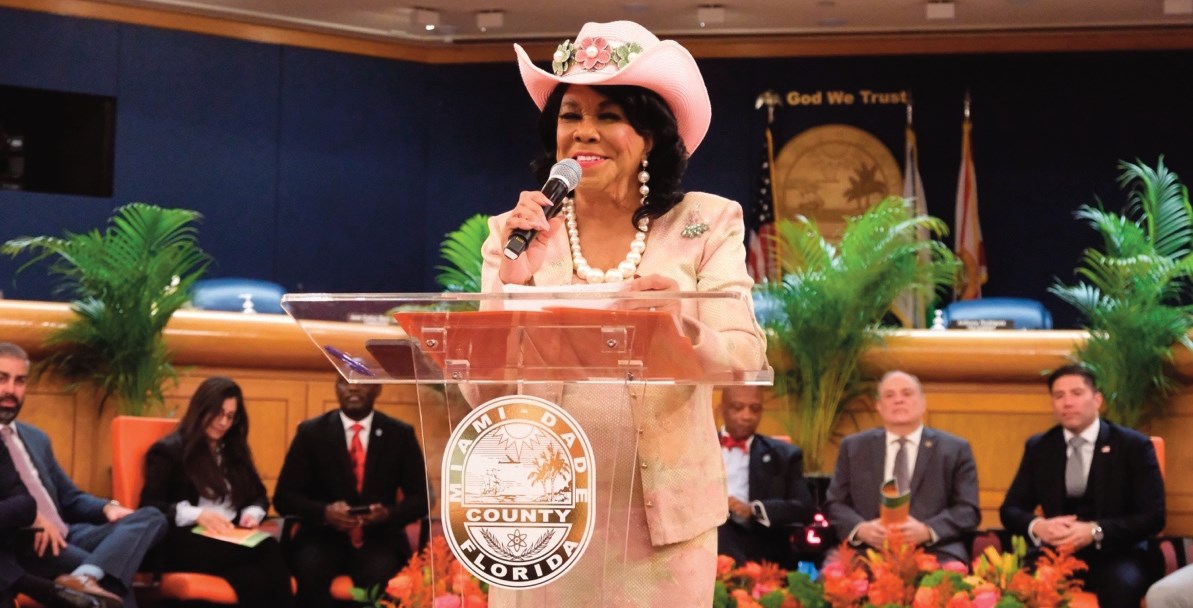

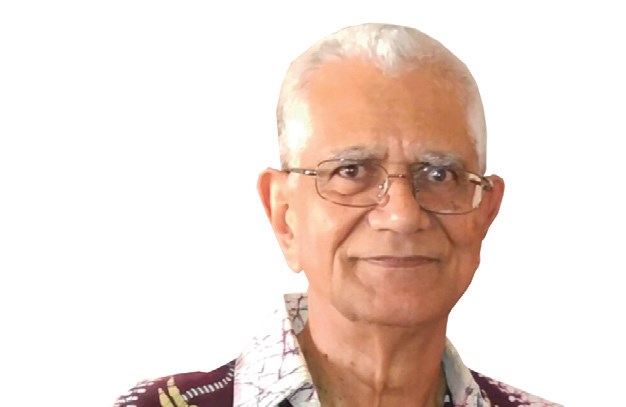

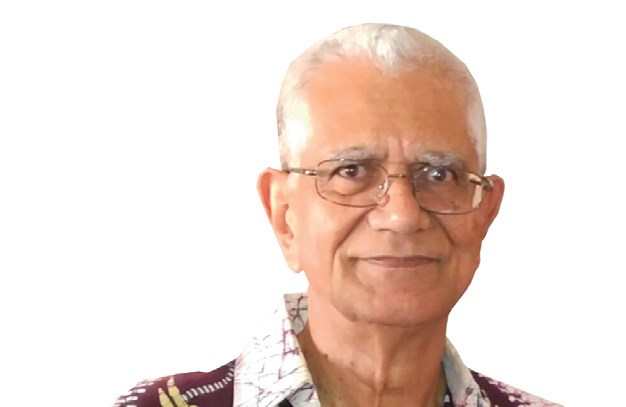
No Comment